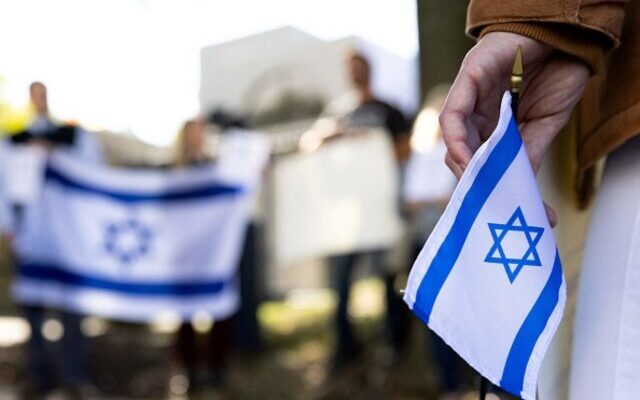By Oluwayanmife Ayobami
Israel is a country that has been part of important events in history. It has a past that is hard to understand.
Beyond what most people know, this article talks about 20 parts of Israel’s history that are not well known.
Learning these things can give a clearer picture of what has made the country what it is.
- Israel declared its independence on May 14, 1948. David Ben-Gurion, the head of the Jewish Agency, made the historic proclamation.
- The United Nations adopted Resolution 181 in 1947, recommending the partition of Palestine into separate Jewish and Arab states. It played a crucial role in the creation of Israel.
- The UN resolution also designated Jerusalem as an international city under UN administration. This status has been a source of ongoing conflict in the region.
- U.S. President Harry S. Truman was the first world leader to recognize the State of Israel, just moments after its declaration. This early recognition had a significant impact on Israel’s history.
- The desire for a Jewish homeland led to significant Jewish immigration to Palestine, especially during and after World War II. This influx of immigrants contributed to the establishment of Israel.
- The declaration of Israel’s statehood in 1948 marked the beginning of a series of conflicts with neighboring Arab states, leading to ongoing disputes over territory and the status of Palestinian refugees.
- Israel, along with the UK and France, was involved in the 1956 Suez Crisis, where they attempted to regain control of the Suez Canal. This event had a global impact.
- In 1967, Israel fought a brief but significant war with its Arab neighbors, which resulted in Israel gaining control of the West Bank, Gaza Strip, and East Jerusalem, among other territories.
- Despite the conflicts, Israel has signed peace treaties with several Arab nations, including Egypt in 1979 and Jordan in 1994. These treaties have had a transformative effect on regional dynamics.
- Israel is home to a diverse population, including Jewish, Arab, and other minority communities, each with its own cultural and religious traditions, making it a unique and complex society.
- The city of Jerusalem was divided between Israel and Jordan during the 1948 war, with Israel controlling West Jerusalem and Jordan controlling East Jerusalem.
- The Six-Day War in 1967 resulted in Israel capturing East Jerusalem, including the Old City, and expanding its territory in the West Bank and Gaza Strip. The capture of East Jerusalem led to the reunification of the city, but it remains a point of contention in the Israeli-Palestinian conflict.
- The Yom Kippur War in 1973 saw an attack by Egypt and Syria on Israel during the Jewish holiday of Yom Kippur, leading to a significant conflict. Israel signed a peace treaty with Egypt in 1979, becoming the first Arab country to formally recognize Israel’s existence.
- The Oslo Accords in the 1990s aimed to establish a framework for peace between Israel and the Palestine Liberation Organization (PLO).
- Yitzhak Rabin, the Israeli Prime Minister, was assassinated in 1995 by an Israeli extremist who opposed the peace process.
- The Second Intifada (Palestinian uprising) began in 2000, leading to a period of increased violence in Israel and the Palestinian territories.
- Israel unilaterally withdrew from the Gaza Strip in 2005, leading to the establishment of Hamas control there. Israel has had multiple conflicts with Hamas, a Palestinian militant group in the Gaza Strip.
- Israel built a security barrier, which it refers to as a fence and Palestinians call a wall, to separate Israel from the West Bank due to security concerns.
- Israel’s capital is Jerusalem, which remains a significant point of dispute with Palestinians.
- Israel is known for its contributions to technology, science, and innovation, often referred to as the “Startup Nation.”








